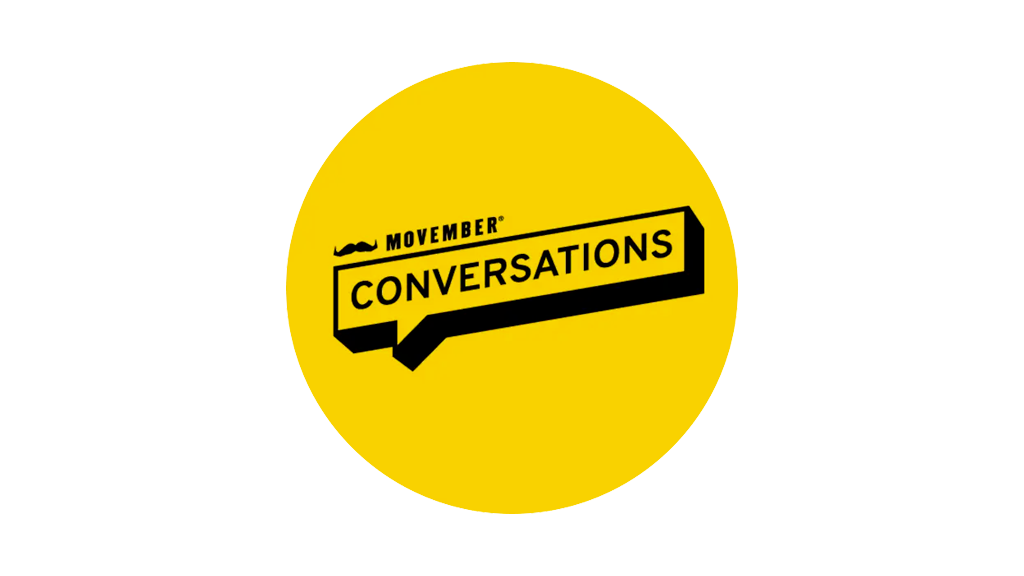
Erkenne die Anzeichen
Hast du einen Freund, der soziale Situationen meidet? Sich in den sozialen Medien rar gemacht hat? Leicht frustriert ist? Oder sich generell untypisch verhält?
Das kann ein Zeichen dafür sein, dass er Probleme hat. Änderungen des Verhaltens können ein Anzeichen für eine Beeinträchtigung der psychischen Gesundheit sein. Wenn du bei einem Freund merkst, dass er sich untypisch verhält, ist das ein Zeichen für dich, sich bei ihm zu melden.
Wie man die Anzeichen erkennt
Anzeichen dafür, dass sich jemand in einer Notlage befinden könnte, können beispielsweise sein:
- Leidet an Schlaflosigkeit
- Isst weniger oder mehr als gewöhnlich
- Vergisst die Körperpflege (keine saubere Kleidung, kein Duschen oder Zähneputzen)
- Vermeidet soziale Situationen
- Fehlt bei gesellschaftlichen oder sportlichen Veranstaltung
- Wird in den sozialen Netzwerken oder auf Messaging-Apps plötzlich still
- Ist reizbarer als gewöhnlich
- Spricht über den Tod und das Sterben oder über zunehmende Hoffnungslosigkeit
Wenn dir auffällt, dass sich ein Freund anders verhält, als es seinem Wesen entspricht, ist es wichtig, dass du dich um ihn kümmerst – du könntest damit sein Leben retten.

Jedes Jahr werden wir Zeuge dessen, welchen Preis das stille Leiden fordert, und es ist offensichtlich, dass sich etwas ändern muss.
Wir alle stehen in der Pflicht, Suizid zu verhindern, und das beginnt damit, die Zeichen für eine Beeinträchtigung der psychischen Gesundheit bei unseren Mitmenschen zu erkennen.
Es sind oft kleine Änderungen des Verhaltens, die darauf hinweisen, dass sich jemand in einer echten Notlage befindet. Auf diesen Menschen zuzugehen und nach ihm zu sehen kann Entscheidendes bewirken und tatsächlich sein Leben retten.
Wie du dich um deine Freunde kümmern kannst
Fragen zu stellen, zuzuhören und für deine Freunde da zu sein kann lebensrettend sein. ALEC hilft dir in vier Schritten, ein Gespräch mit jemand zu führen, der vielleicht mit psychischen Gesundheitsproblemen zu kämpfen hat. Fragen stellen, zuhören, Handeln anregen und nach deinem Freund sehen – es ist so einfach.
Ein großes Dankeschön an „R U OK?“ für die Entwicklung des ALEC-Modells.
A – Ask (Stelle Fragen)
Frage deinen Freund zunächst, wie er sich fühlt. Du solltest Veränderungen erwähnen, die dir aufgefallen sind: Hat dein Freund aufgehört, auf Textnachrichten zu antworten? Klingt er am Telefon anders als sonst? Ist er im Gruppen-Chat plötzlich still geworden?
Verwende eine Frage wie z.B.: „Du scheinst in letzter Zeit nicht du selbst zu sein – geht es dir gut?“
Vertraue deinem Gespür. Denk daran, dass Menschen oft sagen „Mir geht es gut“, wenn das Gegenteil der Fall ist. Alsohabkeine Angst, zweimalzufragen.
L – Listen (Höre zu)
Schenke deinem Freund deine volle Aufmerksamkeit. Lass ihn wissen, dass du hörst, was er sagt, und dass du nicht über ihn urteilst. Du musst keine Probleme diagnostizieren oder Lösungen anbieten, aber wenn du Fragen stellst, zeigt das deinem Freund, dass du zuhörst.
Stelle eine Frage wie z.B.: „Das ist bestimmt nicht einfach – wie lange fühlst du dich schon so?“
E – Encourage action (Anrege Handeln)
Hilf deinem Freund dabei, sich auf einfache Dinge zu konzentrieren, durch die er sich vielleicht besser fühlt. Bekommt er ausreichend Schlaf? Treibt er Sport und isst ausreichend? Vielleicht gibt es etwas, was ihm in der Vergangenheit geholfen hat – es lohnt sich, nachzufragen.
Lege ihm nahe, anderen, denen er vertraut, zu erzählen, wie er sich fühlt. Das wird es euch beiden leichter machen. Und wenn er sich seit mehr als zwei Wochen niedergeschlagen fühlt, dann empfehle ihm, mit seinem Arzt zu reden.
C – Check in (Melde dich)
Halte nach eurem Gespräch die Konversation mit deinem Freund mit einem Telefonat oder einem FaceTime-Anruf aufrecht. Dies hilft zu zeigen, dass er dir wichtig ist, und du bekommst außerdem einen Eindruck davon, ob er sich besser fühlt.
Trainiere deine Konversationsfertigkeit
Movember Conversations ist ein interaktives Tool für alle, die sich beim Führen eines wichtigen Gesprächs selbstbewusster und informierter fühlen wollen. Es führt dich durch die Art von dialogorientierten Fragen und Antworten, die dabei helfen, ein Gespräch zu eröffnen und es auf sinnvolle Art am Laufen zu halten.
Du fühlst dich niedergeschlagen oder überfordert?

Wenn du dich niedergeschlagen oder überfordert fühlst, dann solltest du das nicht ignorieren. Nimm Kontakt auf, um Hilfe und Unterstützung zu erhalten. Die Links von Movember für Unterstützung vor Ort können dir dabei helfen, den passenden Gesundheitsdienstleister zu finden.

